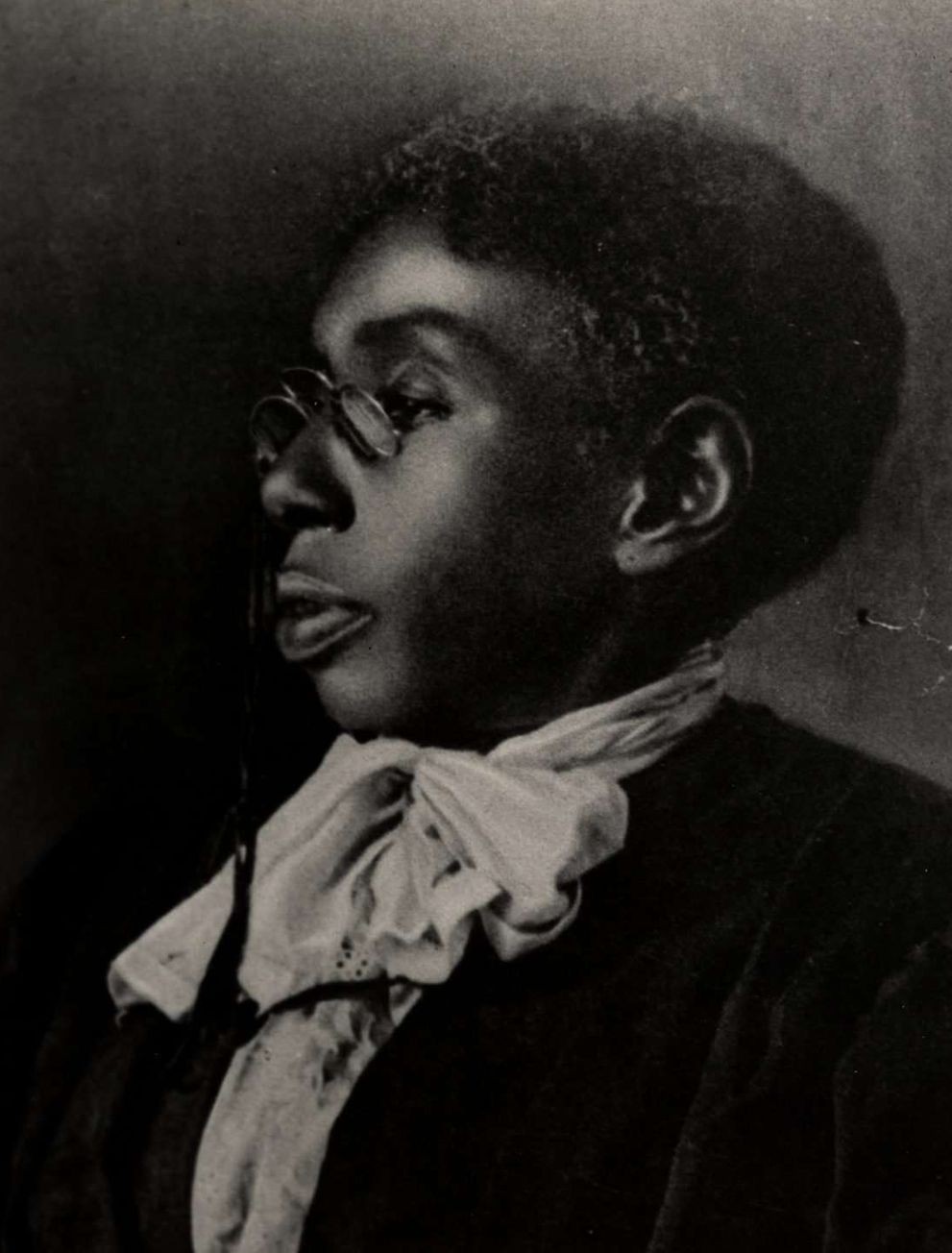Jane Serepta “Jennie” Dean, a former slave, missionary, and pioneering educator, founded the Manassas Industrial School for Colored Youth in Northern Virginia in October 1894. The Manassas School existed for 40 years as the only secondary school for students in northern Virginia. In 1906, Dean, her students, and teachers were invited to meet United States President Theodore Roosevelt at the White House.
The school’s site was listed on the National Register of Historic Places (NRHP) on August 21, 1994, and on April 20, 1994, on the Virginia Landmarks Register, cementing its historical importance.
Jane Serepta “Jennie” Dean was born enslaved on April 15, 1848, in Sudley Springs, Prince William County, Virginia. She and her two sisters, Ella and Mary, were born to enslaved parents, Charles Dean and Annie Stewart, on the Marble Hill plantation owned by the Newman family. They were later sold to the Cushing family. Her father was a house servant in the plantation house and was permitted to read and write. He then taught his daughters.
Freed in 1865 by the Civil War, Jennie Dean attended schools in Fairfax County and Washington, D.C. By 1878, Dean founded a Sunday School in Prince William County, and by 1888, she founded Calvary Chapel, later named Greater Mount Calvary Christian Church, a church her father, Charles, helped to build. Dean traveled widely to raise money for the construction of the church’s buildings. Her missionary work and Sunday School teachings included classes on cooking and sewing as a skilled trade for young Black students. Dean was the first Black woman in Virginia to establish five churches, including the Prosperity Baptist Church in Conklin Village, Loudoun County, and several Sunday Schools throughout Virginia. By 1888, two of those schools grew into Five Forks Baptist Church and Dean Divers Baptist Church.
In 1893, Dean traveled to Washington, D.C., to present at the National American Woman Suffrage Association. There she shared her vision for starting a school that would teach skill trades to young black children. At this event, Dean received a significant donation for her school from Emily Howland, a philanthropist from New York. Howland, a Quaker, former abolitionists, and proponent of education for Black people, donated enough to purchase a farm that would be a school site and that would finance the school’s first buildings.
By the end of 1893 the Manassas Industrial School for Colored Youth opened and received its charter. The school’s first building was named Howland Hall after Emily Howland. Frederick Douglass was the keynote speaker at the dedication ceremony. The school offered liberal arts courses and training in dressmaking, child care, blacksmithing, cooking, carpentry, shoemaking, and farming.
In 1896, Dean delivered an address at the National Federation of Afro-American Women to encourage other women to establish similar schools for colored youth. Described as an honorable, earnest, and persistent fundraiser for children and for building God’s church and congregation, Dean never married or had children.
On May 3, 1913, Dean who had suffered several strokes and a cerebral hemorrhage, and died at her home in Carthapian, Virginia, at the age of 65. She is buried at the Mount Calvary Baptist Church Cemetery.
Do you find this information helpful? A small donation would help us keep this available to all. Forego a bottle of soda and donate its cost to us for the information you just learned, and feel good about helping to make it available to everyone.
BlackPast.org is a 501(c)(3) non-profit and our EIN is 26-1625373. Your donation is fully tax-deductible.
“Jennie Dean,” Virginia Changemakers, accessed August 28, 2024, https://edu.lva.virginia.gov/changemakers/items/show/213.
Cynthia A. Kierner, Jennifer R. Loux, and Megan Taylor Shockley, Changing History: Virginia Women Through Four Centuries (Richmond: Library of Virginia, 2013)

